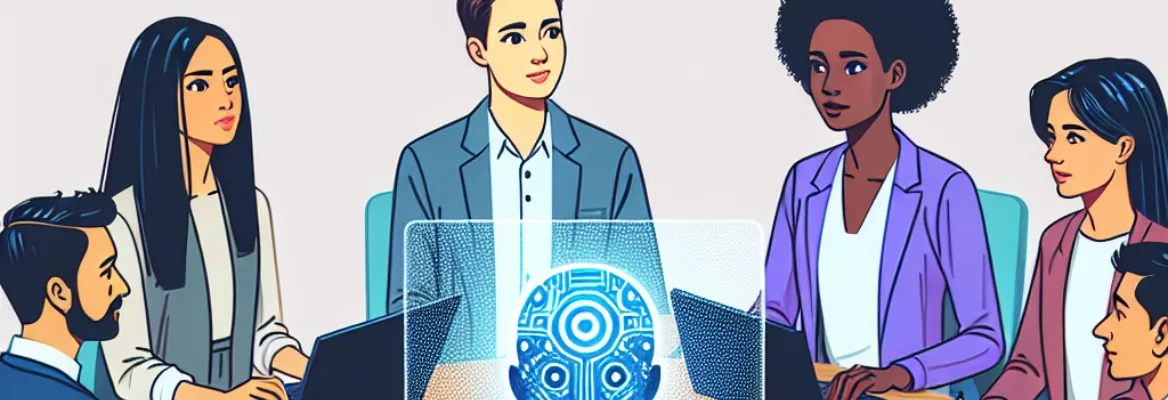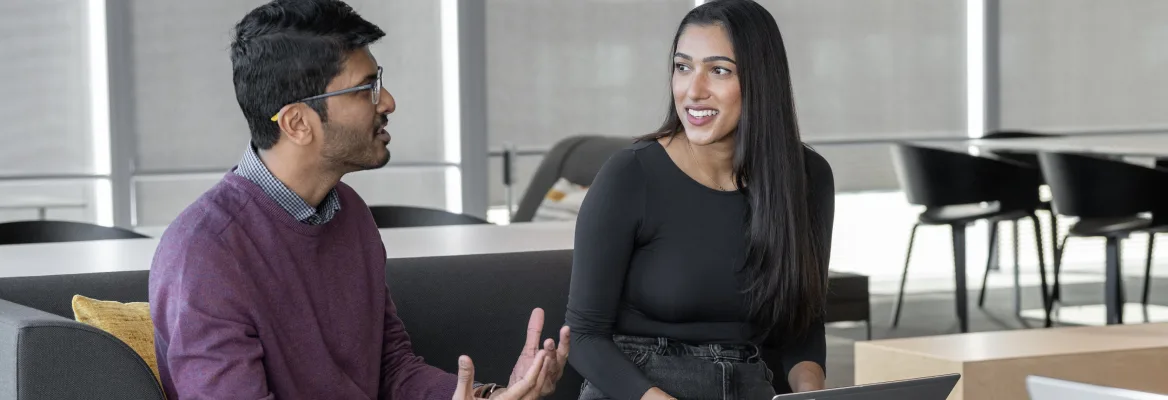International Women's Day 2022 - #BreakTheBias
Culture · 22 mars 2022
On International Women's Day, about 80 of our team members from different practices, levels, and genders came together to discuss this year's IWD theme, #BreakTheBias. The theme came with a pose, crossing one's arms in front of oneself to form an X. We started by watching this TED Talk by Valerie Alexander. Alexander starts her talk by asking the audience to close their eyes and visualize a scenario involving a pilot, a couple celebrating their anniversary, and a CEO at a tech conference. Then she asked us if we pictured the pilot being Black, the couple being two men, or the CEO being a woman.
The point of the visualization exercise was to test our biases. You see, our brains gravitate toward what is familiar. No matter how much we love the idea of a diverse population, our brains, when presented with the unfamiliar, immediately signal danger and trigger a stress response. Alexander reminded us that there is no need to feel bad about these biases we hold and told us that there are ways to change things to turn the unexpected into the expected.
One of the ways in which women tend to perpetuate expected behaviour is to take on tasks because it's easier to just do it themselves. As a group, we talked about some of the tasks we volunteer to take on at work:
"I was the de facto fridge cleaner for years at the office. It needed to be done and nobody else was doing it. It was gross. I just got into this system." - Chelsea C.
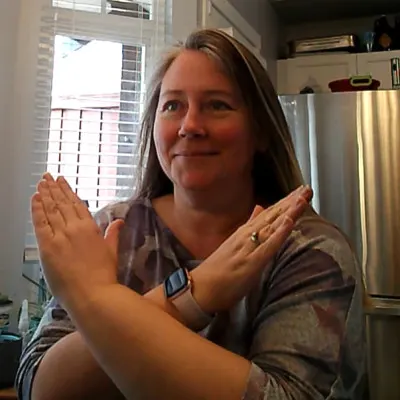
"I used to always volunteer to take notes in meetings. Why? It was just easier for me to do it. But once you volunteer once, people expect that you'll always do it. After a while, I realized that I was always taking on this task, so I suggested that we rotate this duty." - Jennifer Y.
"Examining our own behaviour is important. When you have the thought, 'I'll just do it because it's easier', take a beat to examine if it is something you're taking on or you're taking it on because you don't want to have an awkward conversation." - Nitasha D.
"I'm working on being more comfortable with awkward silences. Especially in meetings or when you're having a conversation with someone, and there's an action item that's not in my wheelhouse, sometimes I'm not very comfortable with delegating or just being comfortable with the silence, so I'm very quick to volunteer for something, whether it's setting up a follow-up meeting or pulling data or something that clearly isn't supposed to fall under what I'm supposed to do. So I'm working on asking the question, then riding out the silence until someone else volunteers." - Ananta M.
"I've experienced some guilt from NOT stepping up, not doing what was expected, not being the most empathetic. I think those qualities are our strengths, but there's also a lot of guilt when you don't behave in those expected ways. Having the ability to say no and turn down those extra things that we take on and not feel guilty is a really difficult skill. I don't want to feel like I'm letting people down. But these expectations can sometimes come from ourselves. It comes back to how we assess ourselves and find our own purpose and self-worth." - Erica F.
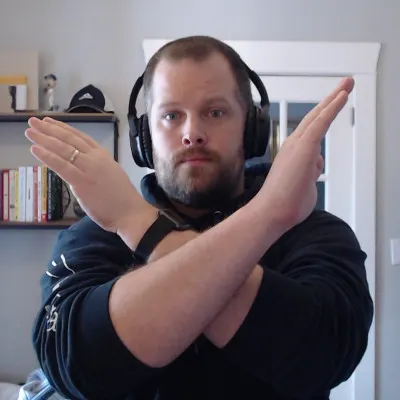
"As I hear about the guilt factors or people taking on tasks because it's easier, it's important for someone in my position [VP] to ask, 'Why did they take that task on? Was there a system in place or is it those biases creeping in?' It's important for everyone to ask these questions and either chip in, or help or be an advocate and finding a better way." - Harry M.
The group was asked if they'd ever pushed back and delegated someone else to take on tasks that they would usually take on:
"The only reason I did end up pushing back was because it affected someone other than me. Thinking about who else was suffering and how I might be helping someone else by speaking out motivated me to do so." - Emilie V.
"I'm better at speaking out and pushing back at home. I think it has to do with the level of comfort. I'm very vocal about division of labour issues with my partner, but I’m less assertive at work. It's about achieving a similar level of psychological safety at work that we have at home." - Julia W.
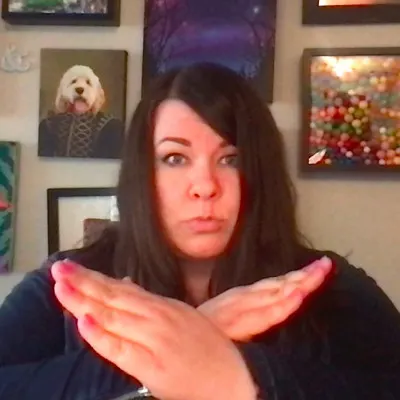
On the topic of whether any of us had ever treated a co-worker differently because she is a woman, and if so, why, the team had this to say:
"Getting all these messages of Happy International Women's Day made me think about how we support each other and unconsciously NOT support each other. What has been a theme lately is the anxiety we feel when expressing strong opinions. The fear of coming across as too aggressive. How am I supporting other women? How do I feel supported in the work environment? The big takeaway is the importance of self-examination. One thing I always try to remember is 'communicate with care'. For example, if you do want to push back, how can you communicate that message with care, no matter who it is?" - Sandra F.
"I'm surrounded by women at home. Hearing their stories gives me greater visibility into how things are perceived by women that I may feel are normal, acceptable, or par for the course. It's made me far more cognizant about their perspective." - Chris M.
"I tend to be more vulnerable with women than with men. I think it has to do with the stereotype of women being more emotional. Showing too much emotion on the job was used against me in a previous performance review. It's made me second guess how open I should be and whether I feel a level of safety with the other person. I can't help but ask myself, how is this going to serve me if I tell the other person how I feel right now?" - Adrianne Y.
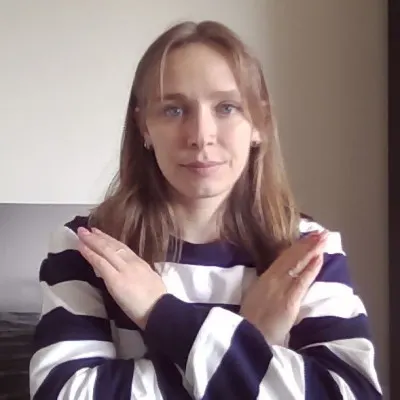
"When I was starting off in the ad industry, I had a female Creative Director who gave me far harder feedback than she gave men on the team. When I asked her about it, she said that I needed to learn how to have a thicker skin, especially when it comes to working with men. I think that how you express yourself should be your strength. I need a trusting team that doesn't expect me to 'toughen up'." - Erica F.
"Crying is OK at work. Being in an environment where we are building trust and bringing our whole selves is critical to our success. I've cried at work and I know many other people who have. It's built strength to our relationship and it's built trust. Let's invest our time in trust and make sure you have it." - Harry M.
In her TED Talk, when it came to what we can all do to challenge our biases, Alexander had these tips:
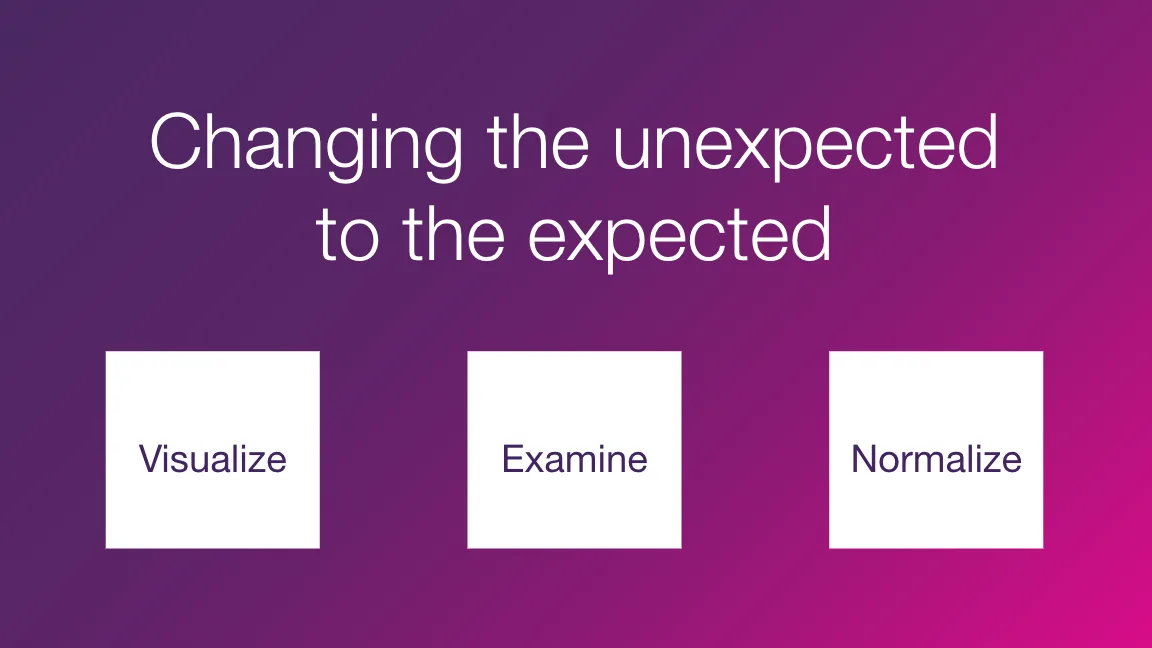
Visualize: picture how you expect a situation to be before walking into it. Then picture it differently.
Examine: look at your own behaviour. Consider if you'd behave differently with a different person.
Normalize: expose yourself to different scenarios where you'll be faced with unfamiliar things, people, situations, in order to make them feel more familiar.
At the end of her talk, Alexander challenged the audience once again to picture a scenario, then asked us if we pictured different people in the scene from the visualization exercise at the beginning of her talk. Overwhelmingly, our group had changed our mindset and found ourselves more open to challenging our own biases.

